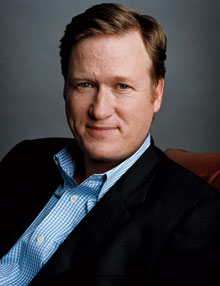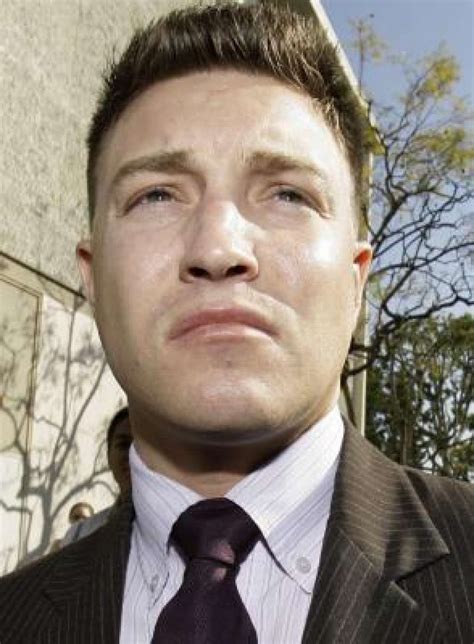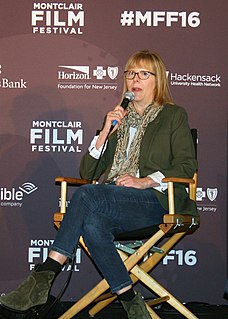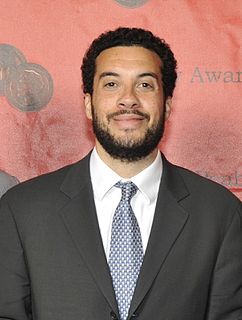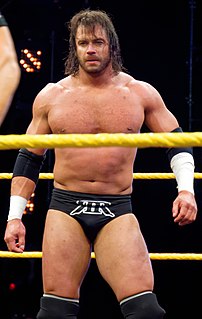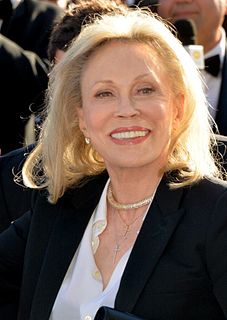A Quote by Noah Hawley
Experimental film by the '70s had become much more mainstream after 'Bonnie and Clyde' and stuff in the late '60s, when you were seeing bigger movies where people were exploring the medium a lot more.
Related Quotes
When I was a kid, a lot of my parents' friends were in the music business. In the late '60s and early '70s - all the way through the '70s, actually - a lot of the bands that were around had kids at a very young age. So they were all working on that concept way early on. And I figured if they can do it, I could do it, too.
In the late '70s, the conditions that bands had to endure were, shall we say, not as civilized as they are today. People were a lot more aggressive back then. So there was definitely a lot of suffering for your art. But I would argue that was a good thing. Generally, people make better music when they suffer.
When I was growing up in the '50s, I had never heard of a "woman film director," so I did not consider it as an option. But I was fortunate that in the late-'60s and '70s, because of the feminist movement, women were stepping into all sorts of careers that had been closed to them in the past and film was one of them.
O.J. Simpson was primarily interested in O.J. His rise to fame in the late '60s coincided with the period where black athletes were more outspoken and political than in any era. You're talking about the generation of black athletes that came about after Jackie Robinson. Athletes after that were just happy to find a place in sports. But when you got to the mid-'60s, you had athletes like Jim Brown and Muhammad Ali, who were very outspoken on the issues of race and civil rights.
Television in the 1960s & 70s had just as much dross and the programmes were a lot more tediously patronising than they are now. Memory truncates occasional gems into a glittering skein of brilliance. More television, more channels means more good television and, of course, more bad. The same equation applies to publishing, film and, I expect, sumo wrestling.
You could do much more in movies than you could on TV, and even movies were heavily censored. But in television, the areas of timorousness were fairly laid out. Race relations. Sex. Politics. There was a whole conglomeration of taboo themes. And even to date, though television has become a much freer medium, it's still far less free, far less creatively untrammeled than are the movies. They're infinitely more adult in that respect.
In the '60s and '70s it was a great period for American films because studios were still run by individuals who worked off the seat of their pants and went along with things. At that time, they were very uncertain about what to make because of the influence of television. A lot of really terrific movies were made. But then the studios gradually became more corporate and were owned by corporations and run in that way and now they're very nervous. You see what they make - sequels, franchises and try not to take risks.

